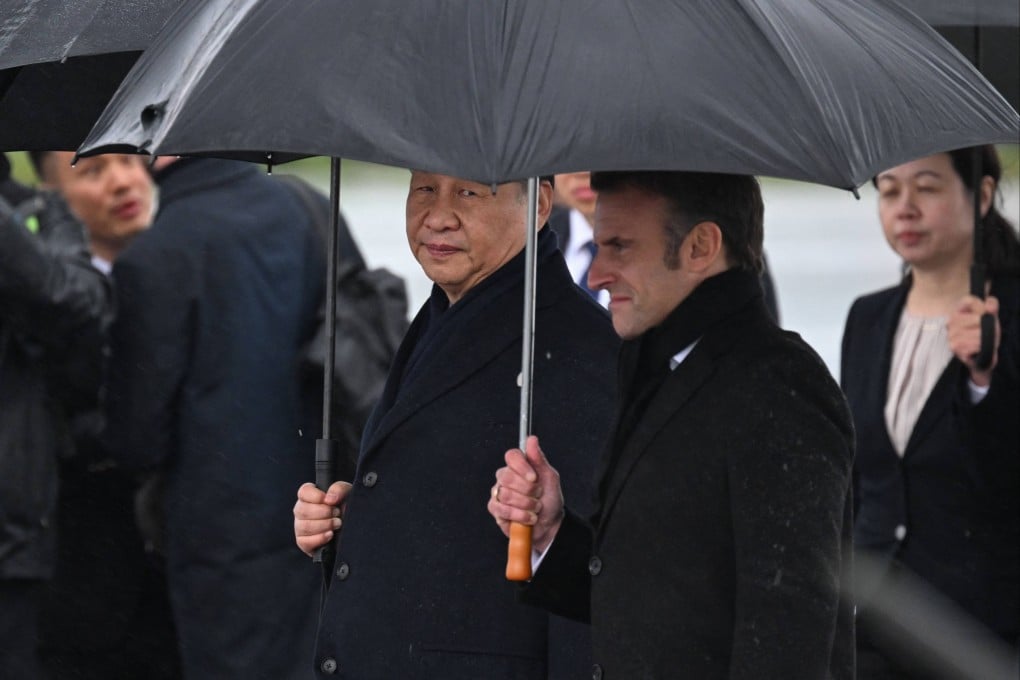Editorial | China and France both get message after positive talks
- Presidents Xi Jinping and Emmanuel Macron not only aired their bilateral differences, but also discussed terms of engagement for challenging days ahead

President Xi Jinping is on his first visit to Europe since Covid broke out. It began in France against a background of hot issues – trade imbalances, access to China’s markets, and alleged Chinese industrial overcapacity that feeds into foreign markets.
In the absence of concessions, these things could have clouded Xi’s talks with President Emmanuel Macron. Instead, by all accounts, the talks were a big success.
This is not just according to the number of treaties signed.
Macron deployed hospitality and cultural charm to smooth engagement with China. It was a carefully managed exercise in soft power that included participation of the European Commission president in a tripartite summit.

Macron’s invitation to Ursula von der Leyen was intended to show engagement with China is not just France’s position, but represents a European consensus. Given that France and Germany drive the European Union, there is a subtle but clear message here about European unity.
The invitation to Xi to Macron’s high-altitude childhood haunt in the Pyrenees was an attempt to cultivate a personal relationship. All this is not to say the hosts did not push the Chinese on long-standing trade and business issues.
